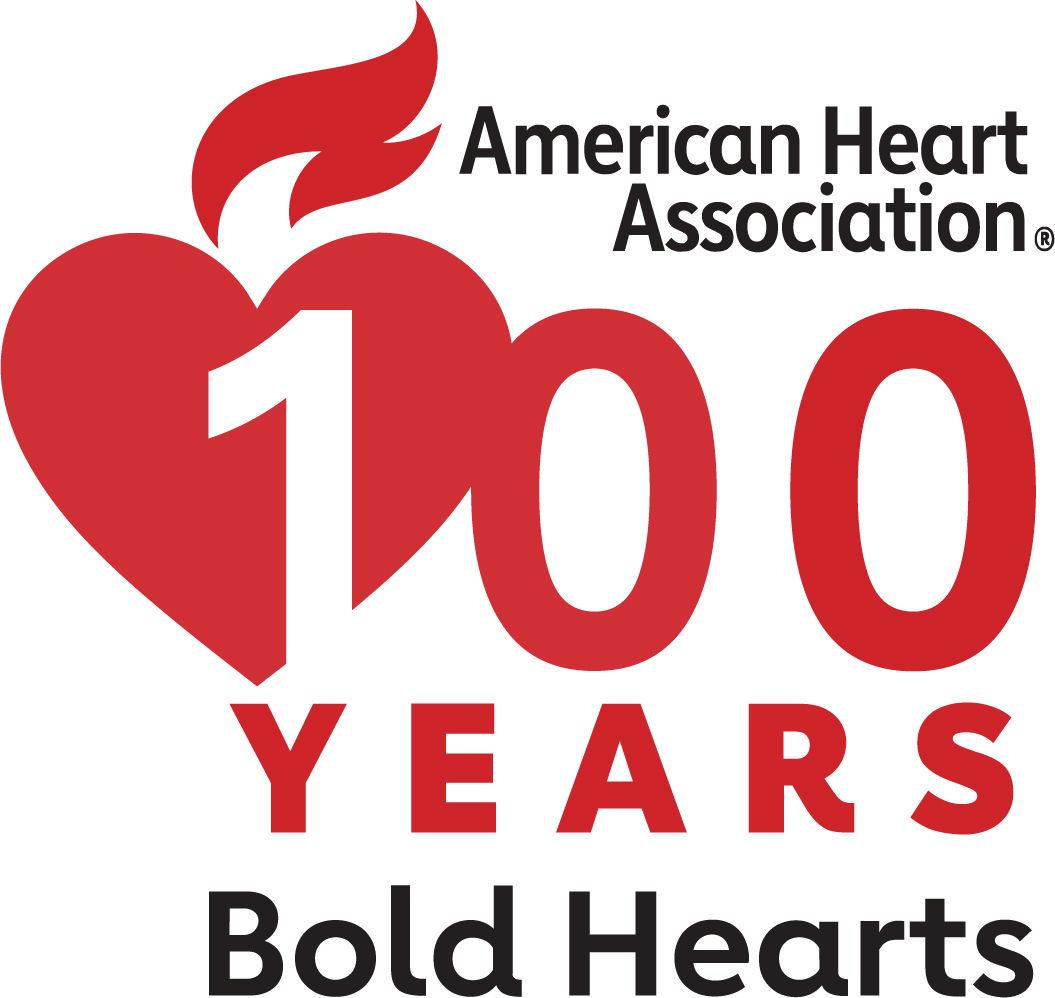
Recent findings from the American Heart Association (AHA) underscore the significant impact of menopause on women’s cardiovascular health. A scientific statement published in the AHA’s flagship journal Circulation in 2020 reveals that the menopause transition, encompassing the years leading up to and through menopause, is a period of escalating heart disease risk for women.
Dr. Garima Sharma, a volunteer of the American Heart Association and director of women’s cardiovascular health and cardio-obstetrics at Inova Health System, emphasizes the gravity of this issue. ‘While many people think that breast cancer is the leading killer of women in the U.S., in reality heart disease kills more people than all cancers combined,’ she states. The statistics are alarming: one in three women dies from cardiovascular disease, equating to roughly one death every minute.
The article highlights several studies presented at AHA scientific meetings or published in their medical journals, which demonstrate the increased risk of cardiovascular disease and other health complications during various stages of menopause. These include:
1. An estimated 1 in 4 women may develop irregular heart rhythms (atrial fibrillation) after menopause, with stress and insomnia as major contributing factors.
2. Obesity significantly increases heart failure risk among women experiencing late menopause (at age 55 or older).
3. Women entering menopause by age 40 have a 40% increased risk of developing coronary heart disease over their lifetime.
4. Very early menopause is associated with a 35% higher likelihood of developing dementia later in life.
5. Social isolation and loneliness may increase cardiovascular disease risk by 29% in post-menopausal women.
Dr. Sharma notes that while menopause itself does not cause cardiovascular disease, it triggers numerous physiological changes that can impact heart health. These include a decline in estrogen levels, hot flashes, depression, sleep problems, increased body fat around organs, elevated cholesterol levels, and changes in blood vessel function.
The article stresses the importance of monitoring women’s health and developing personalized intervention strategies to protect heart health during this critical period. With women in the U.S. living longer and potentially spending up to 40% of their lives postmenopausal, the need for targeted preventive cardiology care is more crucial than ever.
To address these concerns, the American Heart Association recommends following Life’s Essential 8™ to monitor and control health numbers. Additional recommendations include regular exercise, maintaining a healthy diet, ensuring quality sleep, and focusing on mental well-being.
As the American Heart Association celebrates its centennial year of lifesaving service, it continues to emphasize the importance of understanding and addressing the unique cardiovascular risks women face throughout their lives, particularly during the menopause transition. By raising awareness and promoting preventive strategies, the AHA aims to reduce the impact of heart disease on women’s health and longevity.

This news story relied on a press release distributed by NewMediaWire. Blockchain Registration, Verification & Enhancement provided by NewsRamp™. The source URL for this press release is Menopause Transition Increases Heart Disease Risk in Women, American Heart Association Warns.